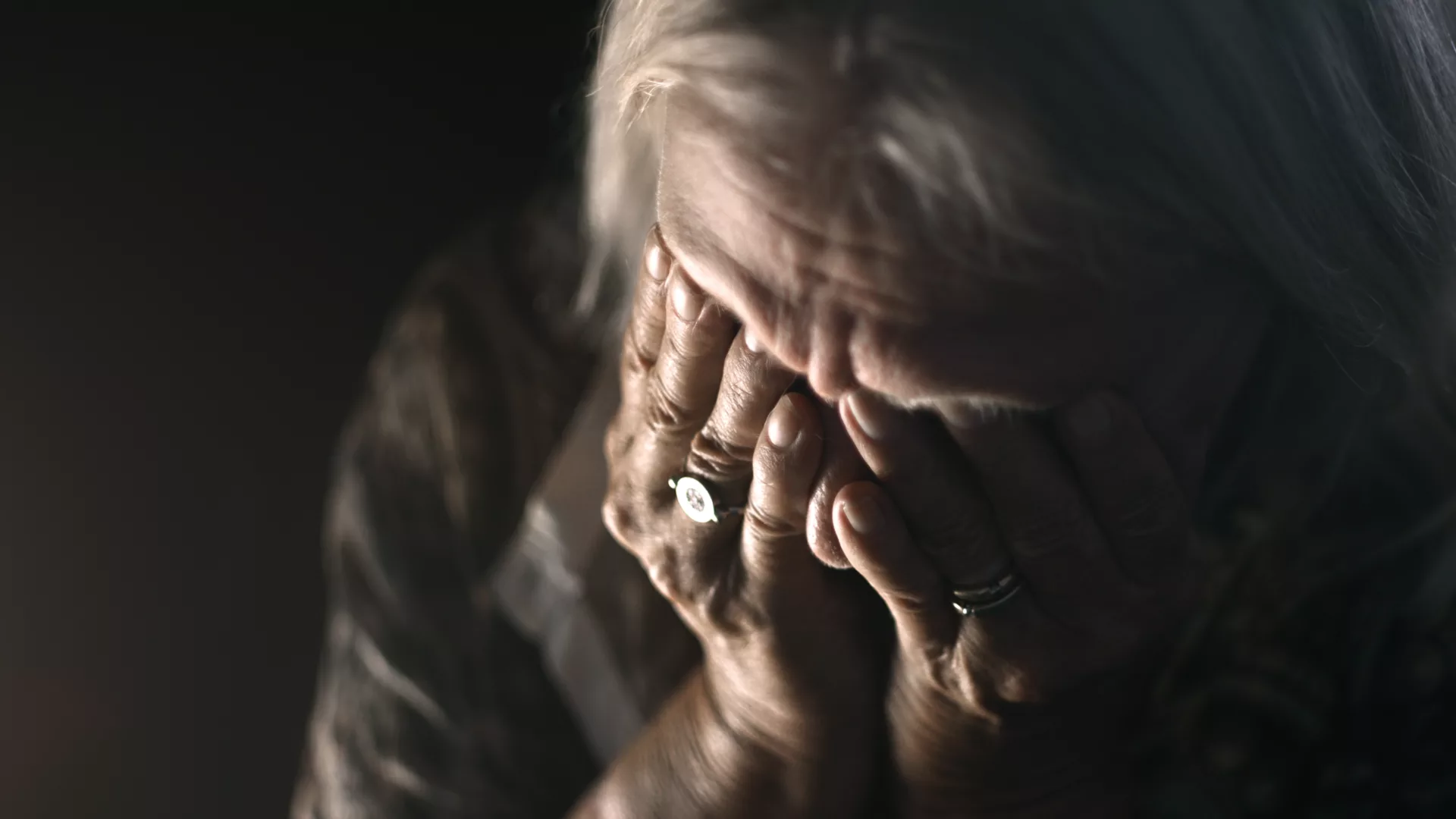
How Trauma Can Lead to Substance Use
Trauma wreaks more havoc on a person’s health and well-being than most people know. It can affect you physically, mentally, emotionally and spiritually. The degree to which it changes you depends on the severity of the trauma and your personal response.
Trauma can change how you see yourself and the world around you. People and relationships that were once safe to you may now feel uncomfortable or scared, and you may find it difficult to relax or enjoy social situations or environments you once enjoyed with ease.
The changes you experience internally and externally in your life following a trauma can be both immediate and intense. Many people find themselves unable to cope with all of these changes, and they turn to drugs and alcohol in order to better manage the symptoms of their pain. Though substances can provide temporary relief, they don’t actually heal your trauma or teach you how to move on from the horrible experience, and, in the long run, may do far more damage than good.
What are the Effects of Trauma on Behavior?
The effects of trauma on behavior can vary widely, in both severity and in nature, because every experience is unique, and different people respond to trauma in different ways. Many people, they’re unable to cope with how many changes the trauma has caused, and they intentionally or unconsciously seek out various coping mechanisms.
Some of these coping mechanisms are healthy and productive, such as someone who channels their pain into outside exercise and consistent journaling in order to help them process and heal.
Other coping mechanisms, such as self-medicating with drugs and alcohol, are not so healing.
Trauma and Substance Use
Turning to substances is one of the most common responses to trauma. Trauma can take a significant toll on the mental and emotional well-being of a person to such a degree that they find sobriety unbearable. They might find themselves reliving the trauma over and over again or, in the cases where the person doesn’t recall the trauma, may find themselves catatonic for reasons they don’t fully understand.
In both cases, people often are searching for an escape, to just feel “normal” or okay again — even at the expense of their health and the risk of their life.
Drugs and alcohol can serve as temporary bandaids for pain due to both their euphoric influence on the mind and body, as well as the sometimes literal physical pain-relieving effects. In many cases, trauma results in the development of a condition called co-occurring disorders.
Co-occurring Disorders
Co-occurring disorders, also commonly referred to as dual diagnosis, is the name for a condition characterized by the presence of multiple disorders in an individual. Co-occurring disorders can refer to the presence of multiple mental health conditions or multiple addictions, but in most cases, this term is used to describe a person simultaneously struggling with a mental health disorder and a substance use disorder.
Sometimes both conditions develop around the same time without one “causing” the other; in other circumstances, it’s very clear that a person’s mental health led them to start using drugs and alcohol or that their substance use disorder led them to develop an anxiety disorder. Substance use and mental illness are both such challenging conditions in and of themselves that their dual presence in an individual endangers the health of the person even more.
If you think you or one of your loved ones might be struggling with a substance use disorder, reach out to us to learn more about how you can begin reclaiming your health today.
Speak with an advisor today
Bluff Augusta specializes in providing evidence-based expert treatment to adults struggling with addiction and co-occurring mental health issues.
We understand that substance use disorders are often the result of a combination of varying experiences, influences and other factors in a person’s life, rather than a random or inexplicable occurrence. That’s why each of our services is designed to identify and address the needs of the individual as a whole person, taking into consideration their mind, body and soul.
Send us a message or give us a call today at [phone_linked] to speak with one of our qualified advisors and learn more about the different options you have for moving forwards from here.








